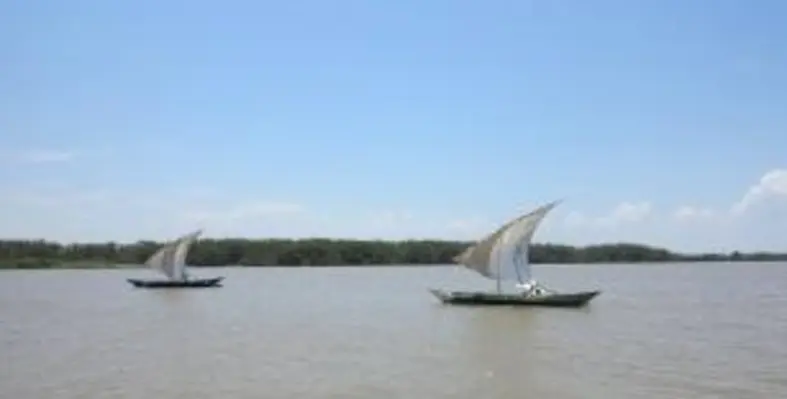The executive secretary of the Lake Victoria Basin Commission (LVBC), Dr Canisius Kabungo Kanangire, spoke recently of the need for transparency and accountability, with respect to the correct functioning of sustainable partnerships, and appropriate funding of development initiatives
Policy, projects and protocol
The Lake Victoria Basin Commission is a specialised institution of the East African Community (EAC). Key to Lake Victoria's future is the viability of the EAC’s institutions. Economic development, based at least in part on cross-border trade, is significant in this regard.
The Lake Victoria Basin Commission serves the economies at the lake by facilitating cross-border communication and coordination with respect to sustainable development of the lake and its resources - and, of course, those communities living around the lake.
Of prime importance is policy harmonisation, and the Commission is conscious of this, with seven projects at the lake addressing issues associated with sustainability - each of which is supported through funding by a development partner; in some cases, the African Development Bank; in others, the World Food Programme; in others, national development bodies such as Finland's, which promotes improved management of forestry around the lake.
The Commission plays a key role in highlighting the development issues and opportunities that exist, and in bringing tangible support to communities around the lake.
There is a protocol for sustainability of the Lake Victoria Basin. The protocol impels LVBC to promote, coordinate and facilitate development initiatives, and gives legal backing for all interventions within the Lake Victoria basin.
There is, also, a governance structure, which oversees the operation of a strategic framework on management and development of the basin – encompassing action on: ecosystems, natural resources and the environment; industry and income generation; the quality of living conditions; and demographic issues.
Management issues
There is concern, of course, and the supply of water from the lake and the quality of water in the lake. All is affected - from fishing to transport to climate - and Dr Raymond Mngodo, regional project coordinator at LVBC, assured that the Commission is working towards ensuring sustainable levels of water in the lake and that the water remains available and of use to the communities served by it.
Plans in place include a Water Resources Information System and the Water Resources Development Plan. However, ultimately, increasing investment in people is what matters most of all, to ensure sustainable utilisation of the lake itself.












